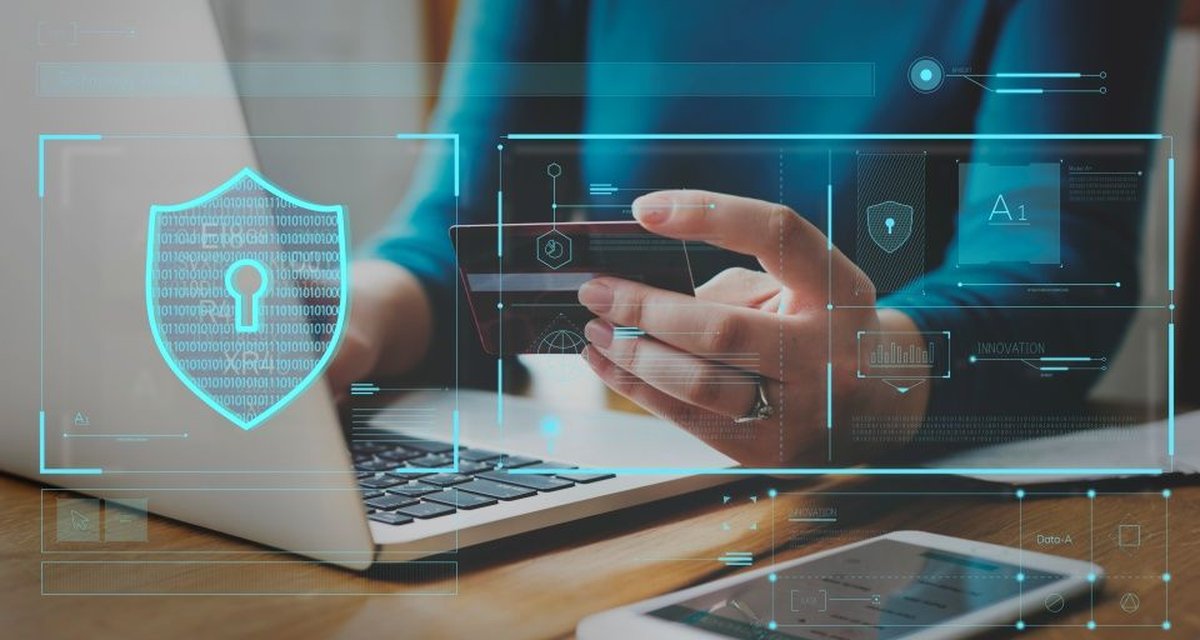*Writing by André Carneiro.
Holidays are one of the most anticipated moments not only for consumers and retailers, but also for cybercriminals. With the increase in virtual shopping, the risks of fraud, data theft and fraud are also increasing.
Check it out: How cybercriminals expanded their tactics to demand ransom payments.
Therefore, it is of great importance to adopt practices that protect your privacy and security not only during this period, but in all your online interactions. Here are 10 tips to shop with confidence and avoid digital pitfalls:
1. Use ad blockers
Online ads track your browsing habits and may contain malicious or deceptive links. Tools like uBlock Origin and Ghostery not only increase your security, but also speed up page loading and save data.
2. Enable private browsing or incognito mode
These modes, available in browsers such as Firefox and Chrome, prevent cookies from tracking your activities. This way, in addition to keeping the gifts a surprise, you also avoid revealing your purchasing interests or sensitive information to third parties.
3. Make your browser “smarter” for privacy
Extensions like Privacy Badger from the Electronic Frontier Foundation (EFF) block invisible trackers and help you browse the web with peace of mind.
4. Avoid using the same account for different services
Although logging into shopping sites using accounts such as Facebook or Google may seem practical, it puts your privacy at risk. Create unique logins for each website, avoiding sharing your data with large companies.
5. Prefer guest login
Choose “checkout as guest” whenever possible. This reduces the information stored on website servers and minimizes the impact if data leakage occurs.
6. Don’t save your credit card information
For your convenience, many websites offer the option to save your payment details. However, this may pose a risk if the site is hacked. Choose to manually enter information for each purchase.

7. Use temporary card numbers
Some banks offer disposable credit card numbers that are valid for a single transaction. This is an extra layer of protection against fraud and improper tracking.
8. Use a credit card, not a debit card
Although it is important to keep your expenses under control, prioritize credit card use. They offer greater fraud protection and allow you to dispute charges without compromising your bank account.
9. Be wary of links on social networks
Links sent via WhatsApp, Instagram or other platforms may lead to fake websites designed to steal your information. Prioritize purchases from reliable and reputed websites.
Also read: Phishing: A simple click can be more destructive than you think

10. Watch out for can’t-miss promotional emails
If an offer seems too good to be true, it probably is. Avoid clicking links in suspicious emails or unknown senders. Many of these are phishing attempts designed to steal your data.
The convenience of online shopping during the holiday season brings responsibilities. Taking these simple steps can make a big difference in ensuring your shopping experience is positive and safe.

For example, the 2024 Threat Report from Sophos, a company I lead in Brazil, titled “Cybercrime on Main Street,” presents other forms of cyberattacks, including threats in corporate emails, that can also be prevented using the tips above.
Learn more: Brazil still suffers a lot from ransomware, even with the help of police officials
Also, remember to expand these practices throughout the year, protecting not only your finances but also your privacy. Digital security should be an ongoing investment. Be a conscious and prepared consumer in this period when consumption intensifies.
Source: Tec Mundo
I am a passionate and hardworking journalist with an eye for detail. I specialize in the field of news reporting, and have been writing for Gadget Onus, a renowned online news site, since 2019. As the author of their Hot News section, I’m proud to be at the forefront of today’s headlines and current affairs.










